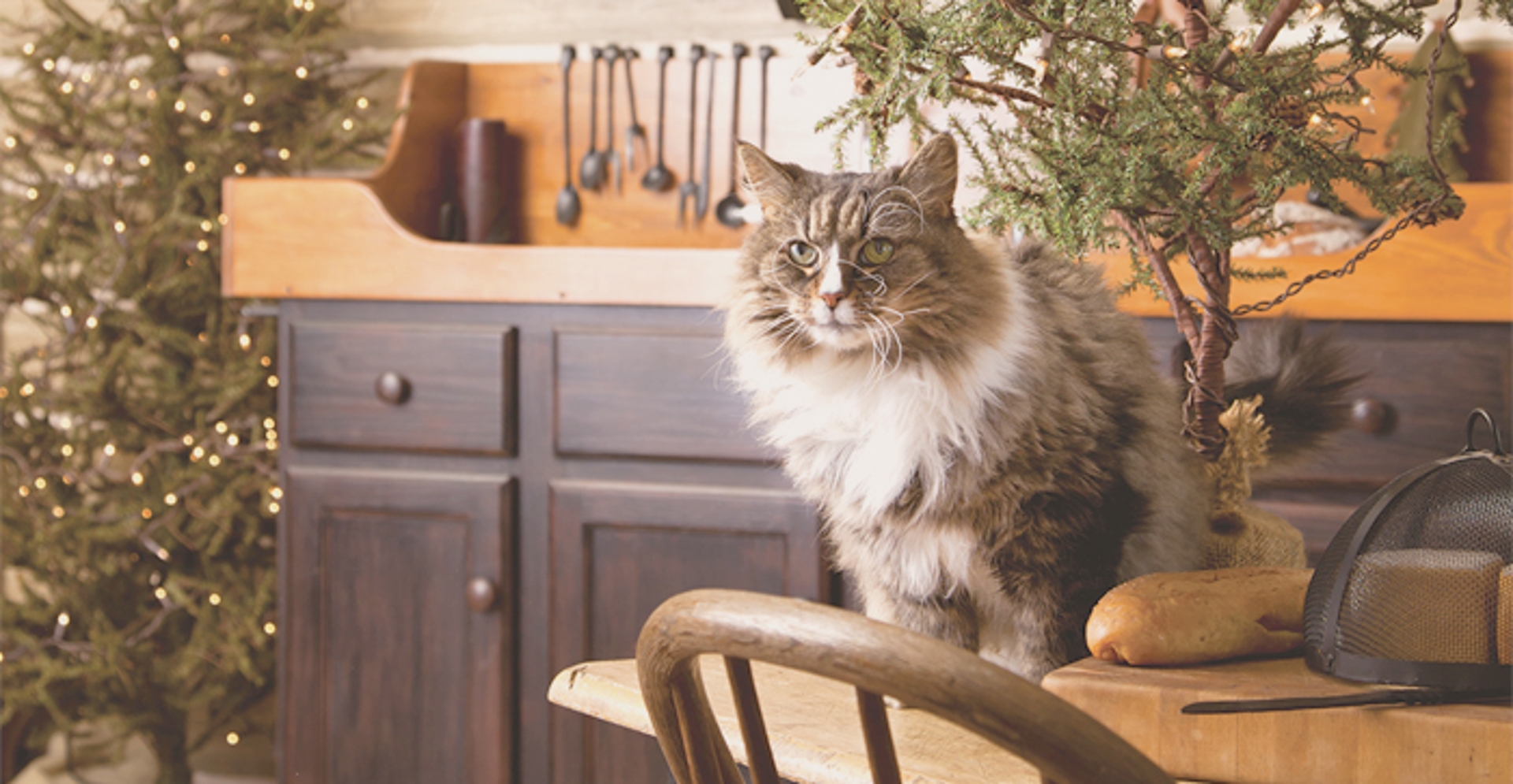7
Dec 2022
The holiday season is a special time of year. Many factors combine to make the holiday season so unique and festive, and that includes all the effort people put into decorating their homes.
Much thought is given to holiday lighting arrangements and which tree to buy, but it’s equally important to consider pets when decorating. Many common household pets are naturally curious, and that curiosity can make it difficult to decorate safely come the holiday season. But various pet-proofing strategies can ensure holiday decorations and displays aren’t compromised by four-legged friends this season.
Secure the Christmas tree
Much like other residents of the home, pets may be mesmerized by a glowing Christmas tree. Pets may sniff around the tree or investigate it closely, which can increase the chances that it tips over. That poses a significant safety hazard and underscores the importance of using a sturdy stand. Fastening the tree to a wall, much like one might do with a television that isn’t mounted, adds a further layer of protection from tip-overs.
Block off the base of a live tree
Live trees need water to stay green and keep their needles throughout the season. That water could prove enticing to thirsty pets. Drinking water from a tree stand could increase the risk of the tree tipping over and the water could upset the stomach of pets if the tree was treated with pesticides prior to being brought home. When decorating with a live tree, make sure the base of the tree where the water will be is blocked off. A small fence around the tree could keep curious pets away. The room where the tree is located should be locked or inaccessible when pets are home alone.
Inspect and conceal light wires
Wires can become frayed over time, and that could pique pets’ curiosity. Lighting wires should always be inspected prior to decorating and frayed or damaged wires should be thrown away, even if it means replacing lights. If wires are still sturdy, conceal them along the base of the wall using a cable concealer, which prevents pets from chewing on them.
Avoid lighting candles
Candles should not be lit in homes with pets. Even candles on shelves that are seemingly beyond pets’ reach can be hazardous, as pets, especially cats, have a way of accessing spaces they seemingly shouldn’t be able to reach. Use electric candles in lieu of traditional ones.
Speak to a vet about seasonal plants and flowers before bringing them into the home
Pet owners can speak with their veterinarians before bringing poinsettias, holly and other seasonal plants and flowers into their homes. Some pets could suffer allergic reactions if they eat certain seasonal plants, so it’s best to err on the side of caution and speak to a vet before including live plants and flowers in decorative displays.
Decorating is part of the holiday season. Pet owners must exercise an extra bit of caution to keep their pets and homes safe when decorating during this special time of year.






